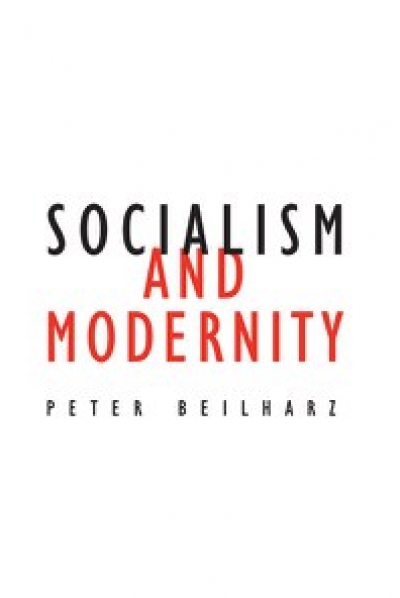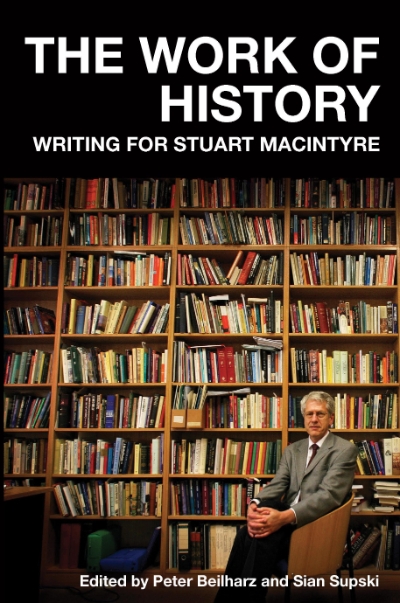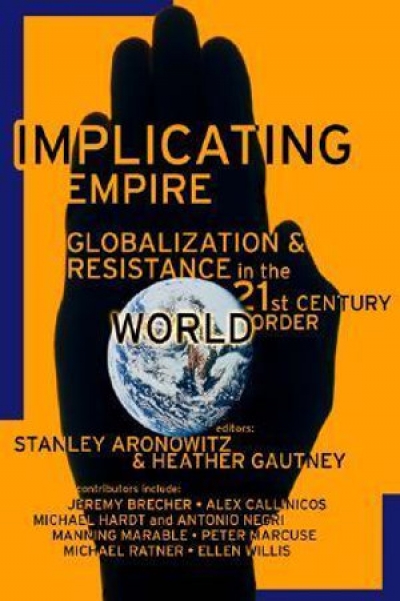Peter Beilharz
The Work of History: Writing for Stuart Macintyre edited by Peter Beilharz and Sian Supski
by Christina Twomey •
Implicating Empire: Globalization and resistance in the 21st century world order edited by Stanley Aronowitz and Heather Gautney
by Peter Beilharz •
Why do we read what we read? Bookshelves groan with biography, travel, social theory far left corner, cultural studies creeping up the front, Baudrillard in the back door and out the front. Some people’s books get featured in the weekend papers, others go straight into the back of the car and the second-hand shops. Love, sweat and tears … what’s it all for?
... (read more)


